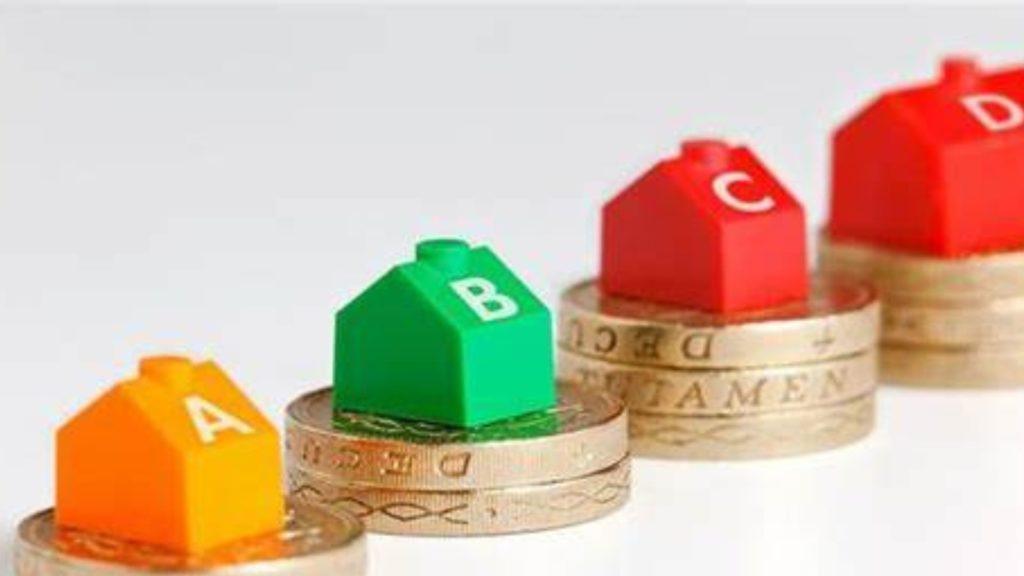The decision to buy multiple properties can be good or bad depending on various factors such as your financial situation, investment goals, and risk tolerance.
Benefits of buying multiple properties include diversifying your investment portfolio, generating rental income, and potentially increasing your overall wealth. It can also provide tax benefits and long-term appreciation.
However, buying multiple properties also comes with risks such as increased financial obligations, property management responsibilities, and market fluctuations. It can also tie up a significant amount of your capital and limit your liquidity.
The role of risk tolerance
An individual’s risk tolerance refers to their willingness and ability to withstand fluctuations in the value of their investments and the potential for financial loss.
Those with a higher risk tolerance may be more comfortable with the uncertainties and potential volatility associated with owning multiple properties. They may be willing to take on the financial obligations, property management responsibilities, and market risks that come with owning multiple properties in exchange for the potential for higher returns.
On the other hand, individuals with a lower risk tolerance may prefer more conservative investment strategies and may be less comfortable with the potential financial and market risks associated with owning multiple properties. They may prioritize stability and security over the potential for higher returns.
The role of investment goals in buying
Investment goals play a crucial role in determining whether buying multiple properties is a suitable strategy. Different investment goals can lead to different motivations for purchasing multiple properties. Here are some ways in which investment goals can impact this decision:
- Income Generation: If your primary investment goal is to generate rental income, buying multiple properties can be a way to achieve this objective. Owning multiple rental properties can provide a steady stream of rental income, which may align with your goal of generating passive income.
- Portfolio Diversification: For investors seeking to diversify their investment portfolio, buying multiple properties can be a way to spread risk across different asset classes. Real estate can offer diversification benefits compared to traditional stocks and bonds, and owning properties in different locations or with different characteristics can further diversify your real estate holdings.
- Capital Appreciation: Investors focused on long-term capital appreciation may see buying multiple properties as a way to benefit from potential property value appreciation over time. Real estate has historically been a vehicle for wealth accumulation, and owning multiple properties can provide exposure to potential market appreciation.
- Tax Advantages: Some investors may have investment goals that include tax efficiency. Real estate ownership can offer various tax benefits, such as depreciation deductions, 1031 exchanges, and deductions for mortgage interest and property taxes. Buying multiple properties can enhance these tax advantages.
The role of increased financial obligations
Increased financial obligations can significantly impact the decision to buy multiple properties. When considering the purchase of additional properties, individuals should carefully assess their ability to manage the associated financial responsibilities. Here are some ways in which increased financial obligations can influence the decision:
- Mortgage and Down Payment: Acquiring multiple properties typically requires obtaining additional mortgages and making substantial down payments. This can tie up a significant amount of capital and increase overall debt obligations. It’s essential to ensure that you have the financial capacity to manage these mortgage payments and down payments.
- Property Maintenance and Upkeep: Owning multiple properties means taking on the responsibility of maintaining and managing each property. This includes ongoing maintenance, repairs, and potential renovations. These expenses can add up and require a dedicated budget for property upkeep.
- Property Management Costs: If you choose to hire a property management company to handle the day-to-day operations of your properties, this adds to the financial obligations. Property management fees typically range from 8% to 12% of the monthly rental income, impacting the cash flow from the properties.
- Vacancy and Cash Flow Considerations: With multiple properties, there is an increased risk of vacancies, which can impact cash flow. It’s important to have sufficient reserves to cover mortgage payments and other expenses during periods of vacancy.
- Insurance and Taxes: Owning multiple properties means additional insurance premiums and property taxes. These ongoing expenses should be factored into the overall financial obligations.
Before buying multiple properties, it’s crucial to conduct a thorough financial analysis to ensure that you have the financial capacity to manage the increased obligations. This includes assessing your cash flow, reserves, and overall financial stability to support the ongoing costs associated with owning and maintaining multiple properties. Additionally, it’s advisable to seek professional financial guidance to evaluate the potential impact on your financial situation.
Here at sellerMrland, we provide a platform for everyone interested in buying land.
You can contact us and use our teams to help you through the process to the end.
You can also follow us on social media to be the first one to find out about our new properties (https://www.facebook.com/MrLandSeller/)!






